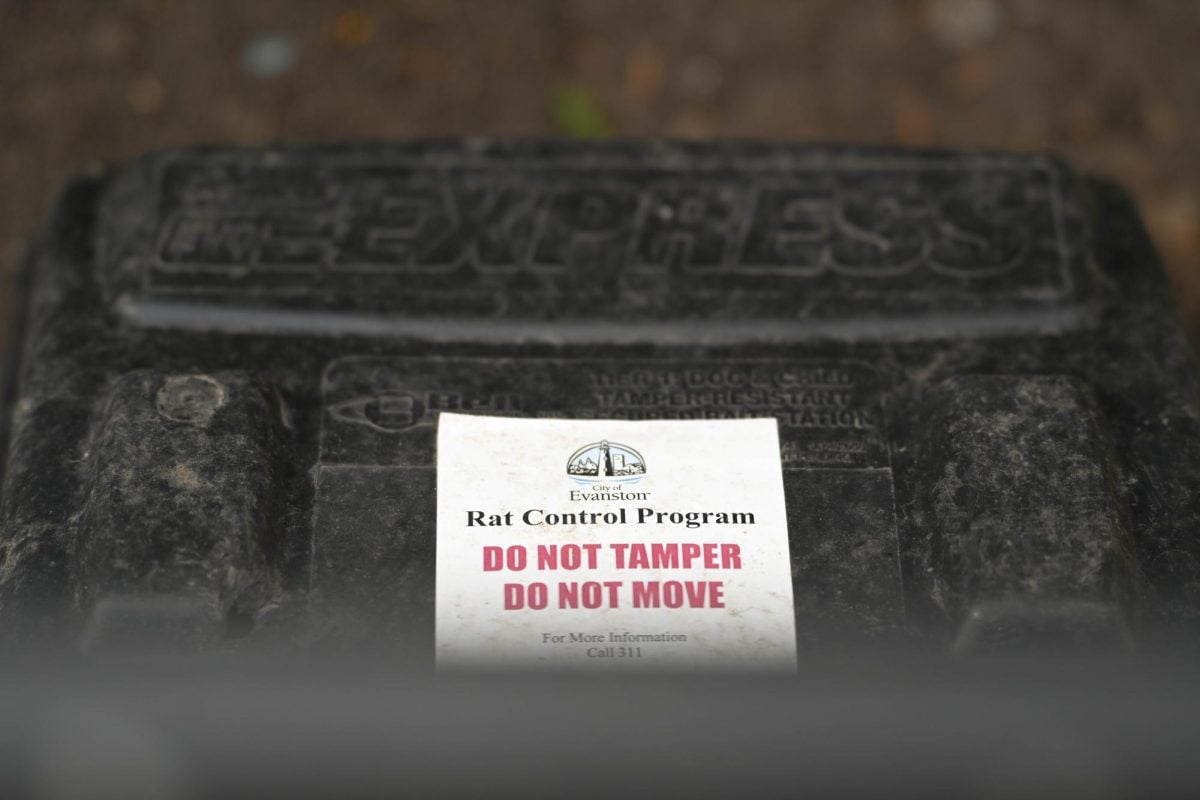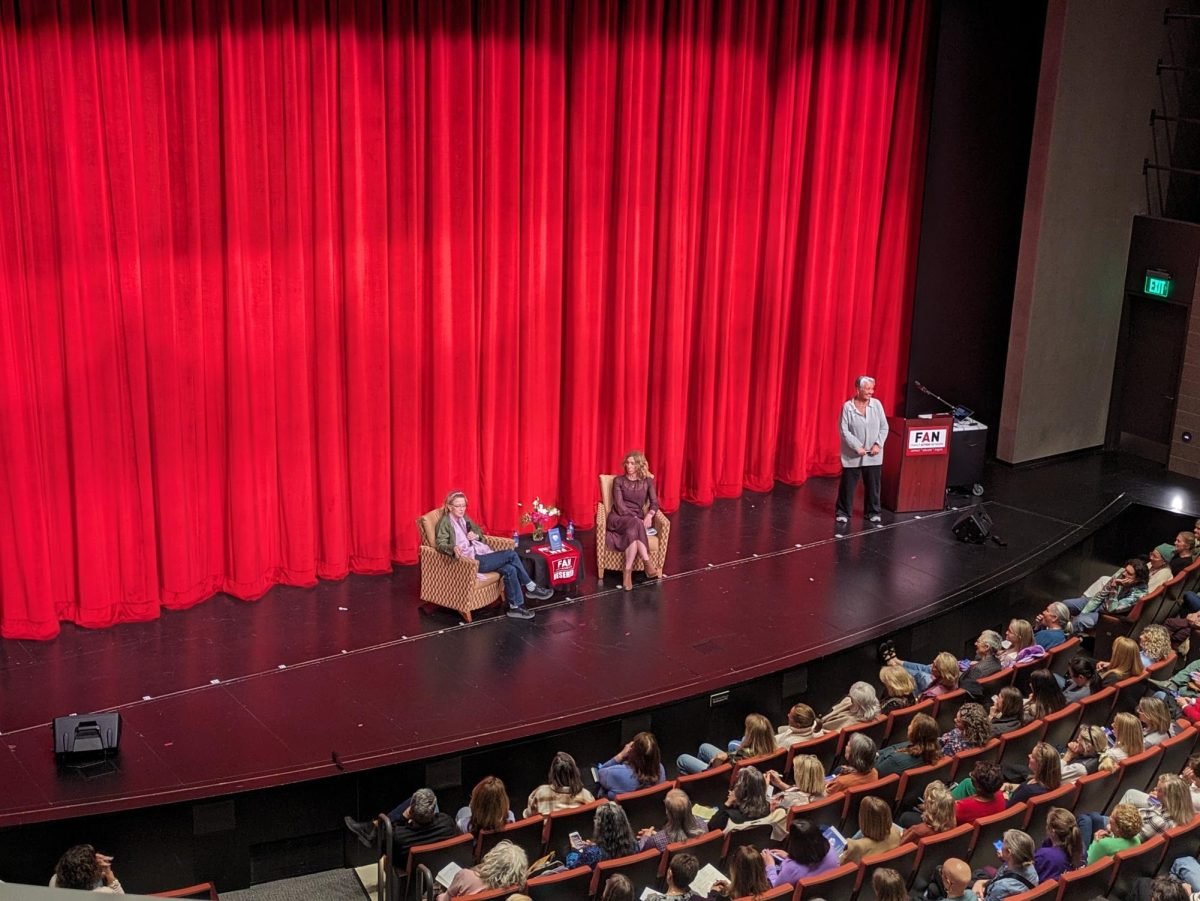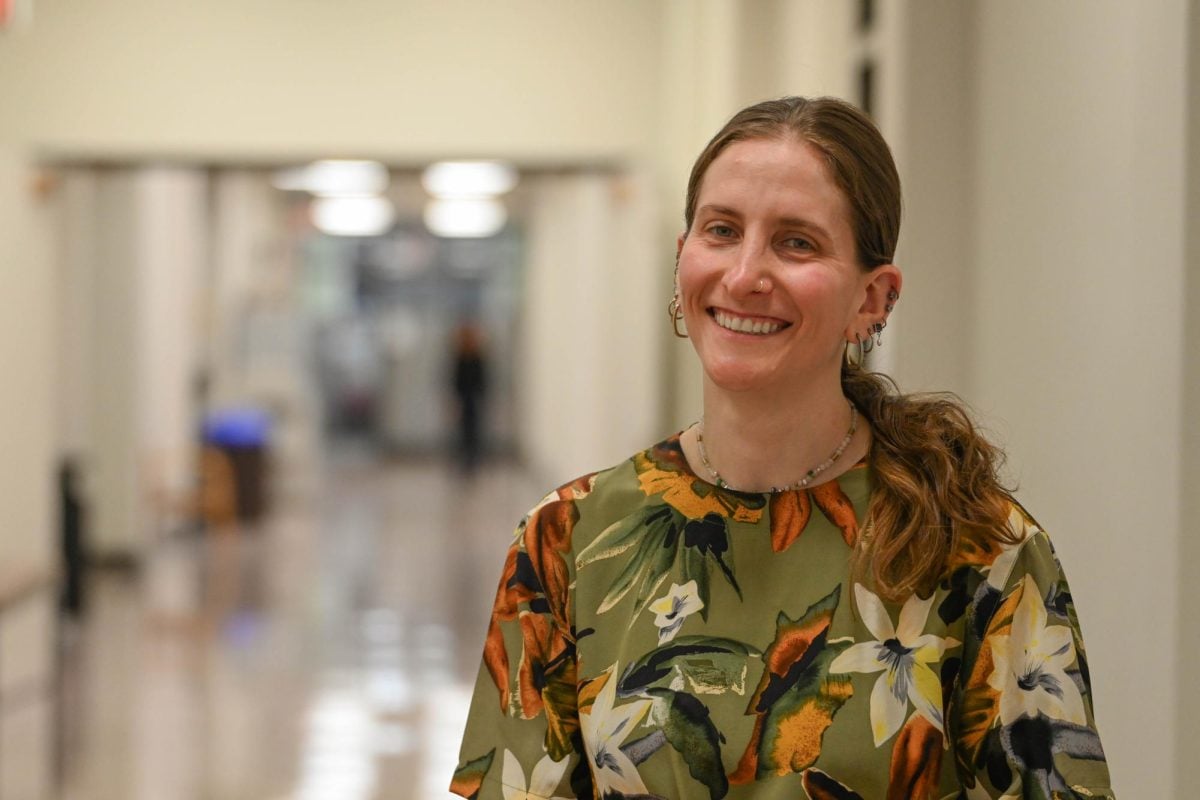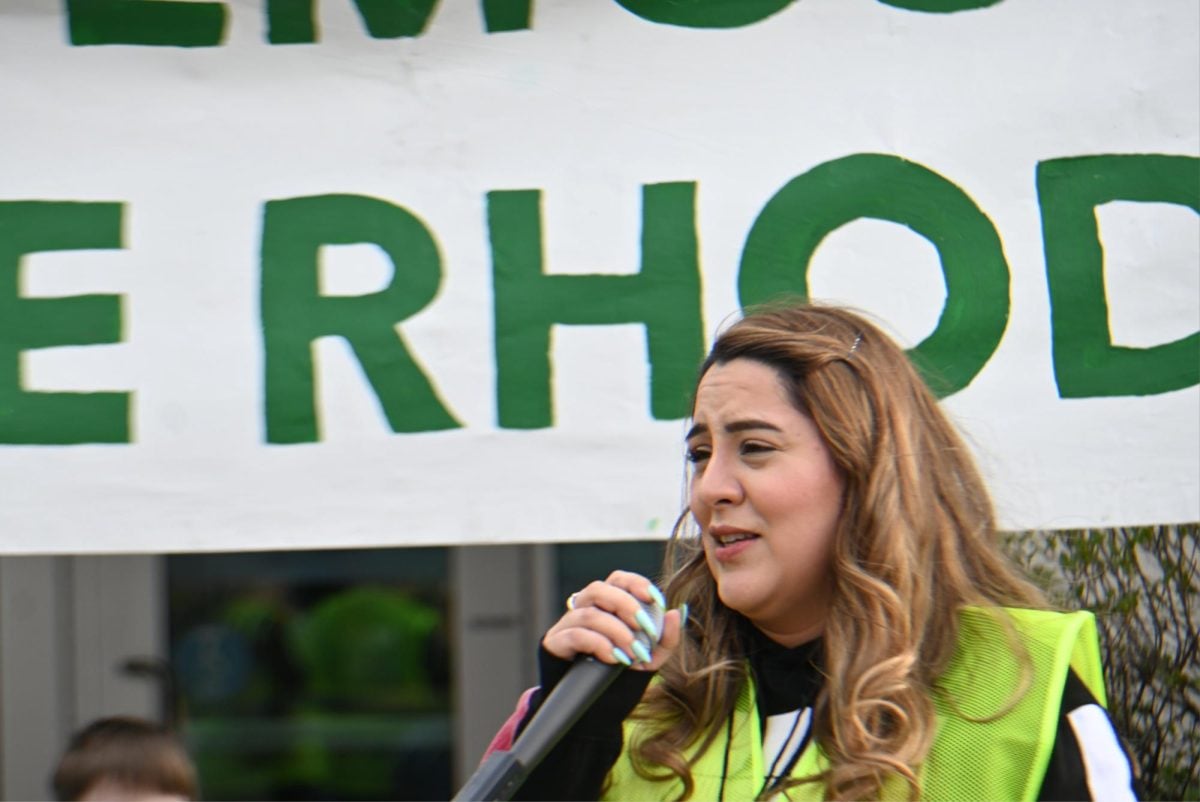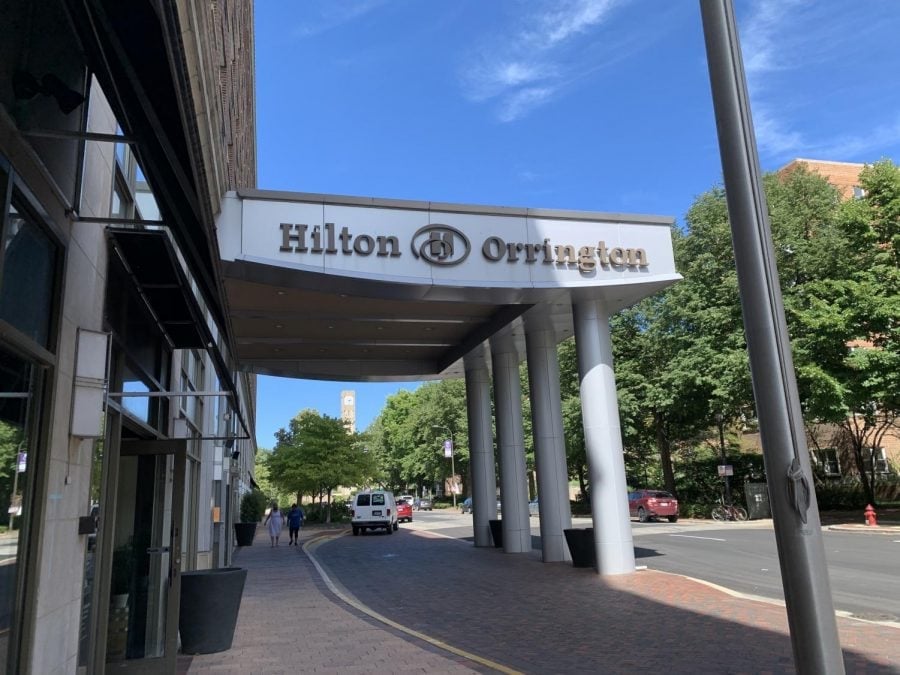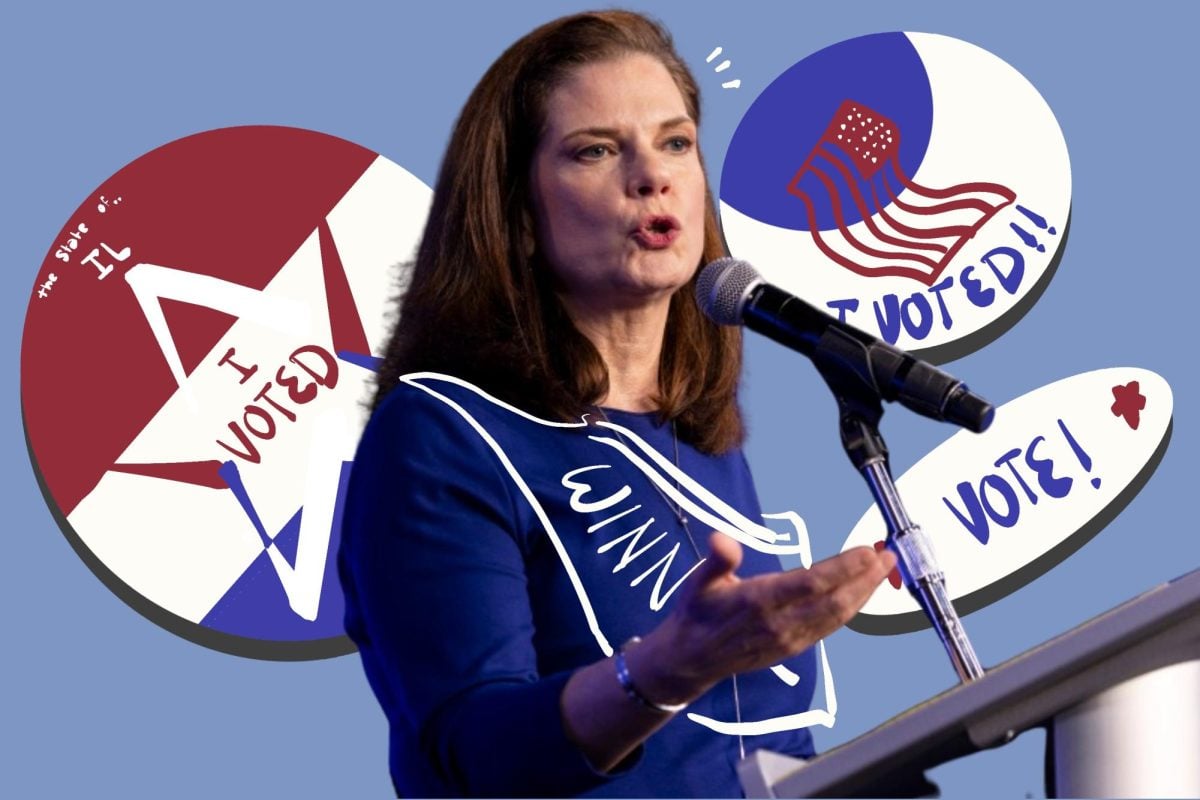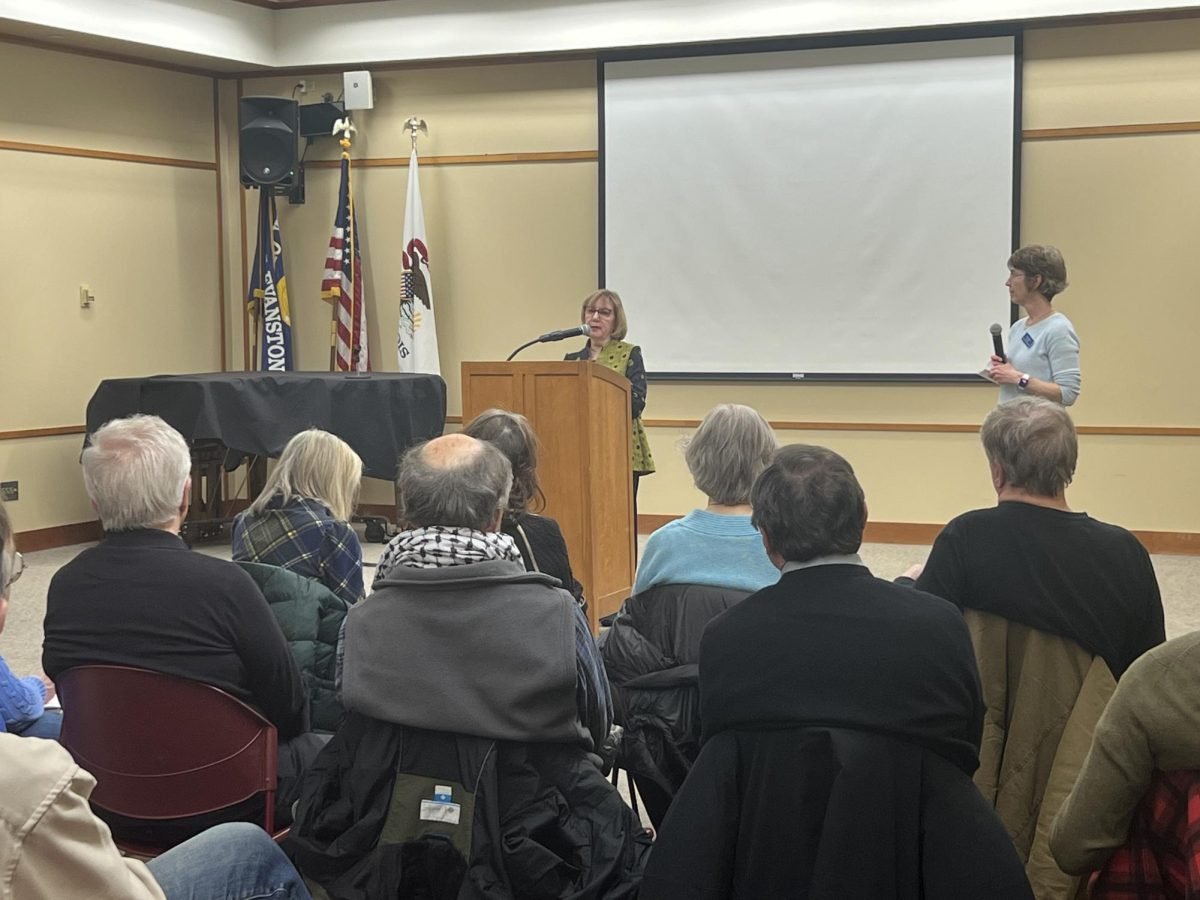The North Shore-Barrington Association of Realtors turned to an unlikely ally in fighting Evanston’s controversial brothel law on Wednesday night: an academic from almost 1,000 miles away.
Ellen Pader, professor of regional planning at the University of Massachusetts at Amherst, spoke about the history and effectiveness of local over-occupancy laws to more than 80 attendees – 10 of whom were NU students – at the Evanston Public Library, 1703 Orrington Ave.
She compared past instances of the brothel law to its implementation today and highlighted the issue of physical and emotional safety. Displaying her disdain for the notorious rule, Pader said public frustration should be directed toward negligent landlords, not students.
“It’s not the point of the biological relationship of people – it’s the respect people have for themselves and where they live,” Pader said.
She urged students to respect their neighbors and take responsibility for their properties.
However, she also said the way Evanston residents are using NU students as the scapegoats to their problems is highly irresponsible.
Tension between neighbors often stems from landowners themselves not enforcing “cleanliness” and volume rules, Pader added.
Evanston property manager Mark Beem disagreed with solely blaming landlords for messy residences.
“I think that the housing regulation is not the perfect instrument, but I think that it’s a reasonable way to try to accomplish the various objectives that the city legitimately has,” Beem said.
But he refused to acknowledge Evanston’s brothel law, saying he does not even think it is actively enforced.
Ald. Delores Holmes (5th) disagreed with Beem’s beliefs.
“As long as it’s in the books, (the over-occupancy law) needs to be enforced,” Holmes said.
She said she thought Pader’s presentation was “very academic” but did not believe it addressed the core issues of the brothel law debate. Holmes described her foremost concern as the safety of the students.
“Students underestimate their presence and how that can impact others,” said Dean of Students Burgwell Howard, who agreed with Holmes that the physical safety of students remains his utmost priority. “I will defend students’ right to live and assemble and socialize, but if they breach a University policy or city policy, then they need to be held accountable.”
Howard said animosity between students and Evanston residents is a concern frequently brought to his office.
He added he hopes to soon reach a compromise with city officials through reasonable discussion and consideration of different perspectives.
Howard Handler, the government affairs director for the North Shore-Barrington Association of Realtors, said he decided to introduce Pader to Evanston’s over-occupancy debate to foster academic dialogue and to prevent misinformation from spreading further.
“I think you’re going to see a bit more from the real estate community from both stepping out and reaching out to the community and engaging them in the issues,” Handler said, later adding, “We’re going to continue to step up and make sure we bring everyone to the table.”


